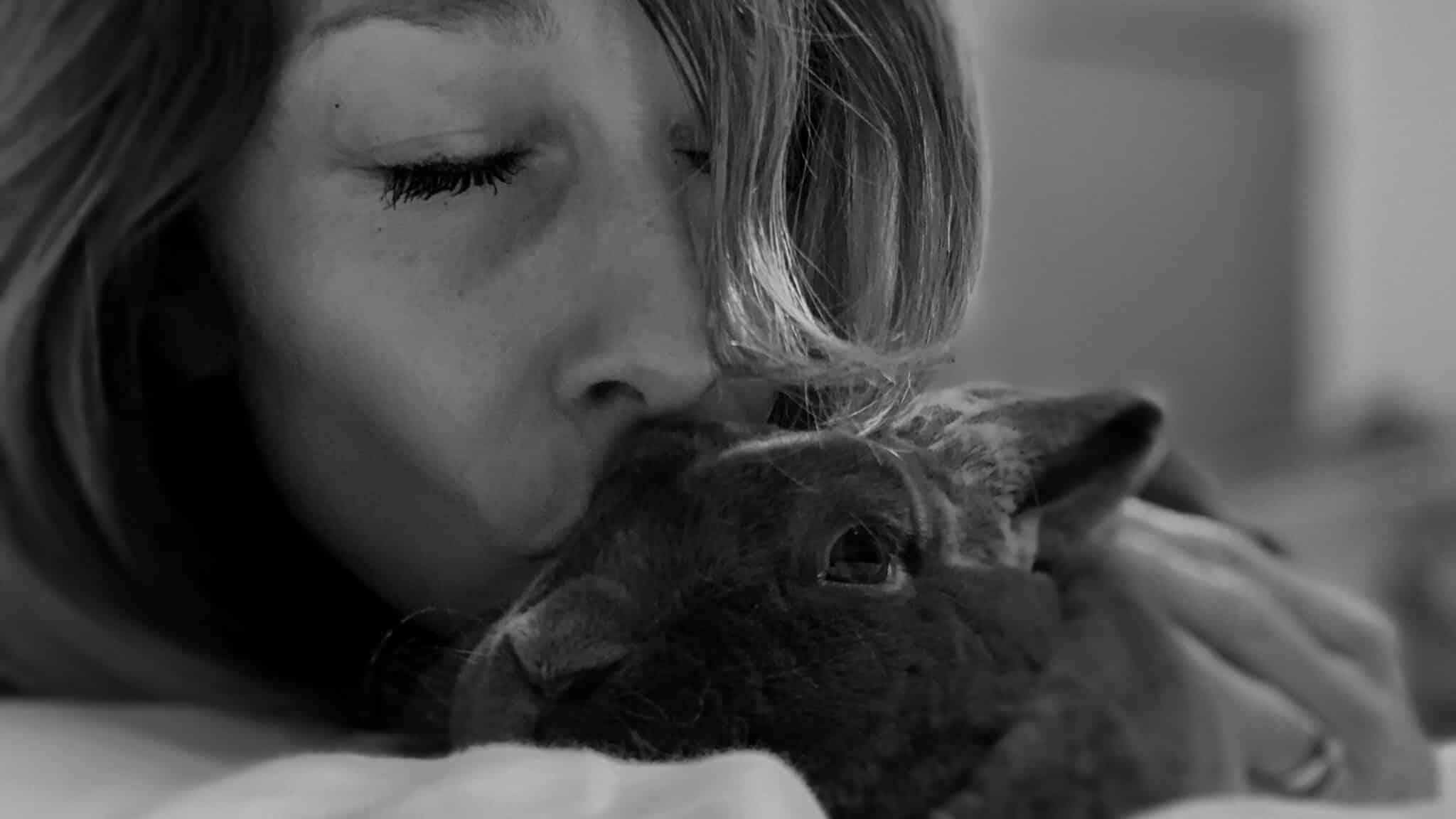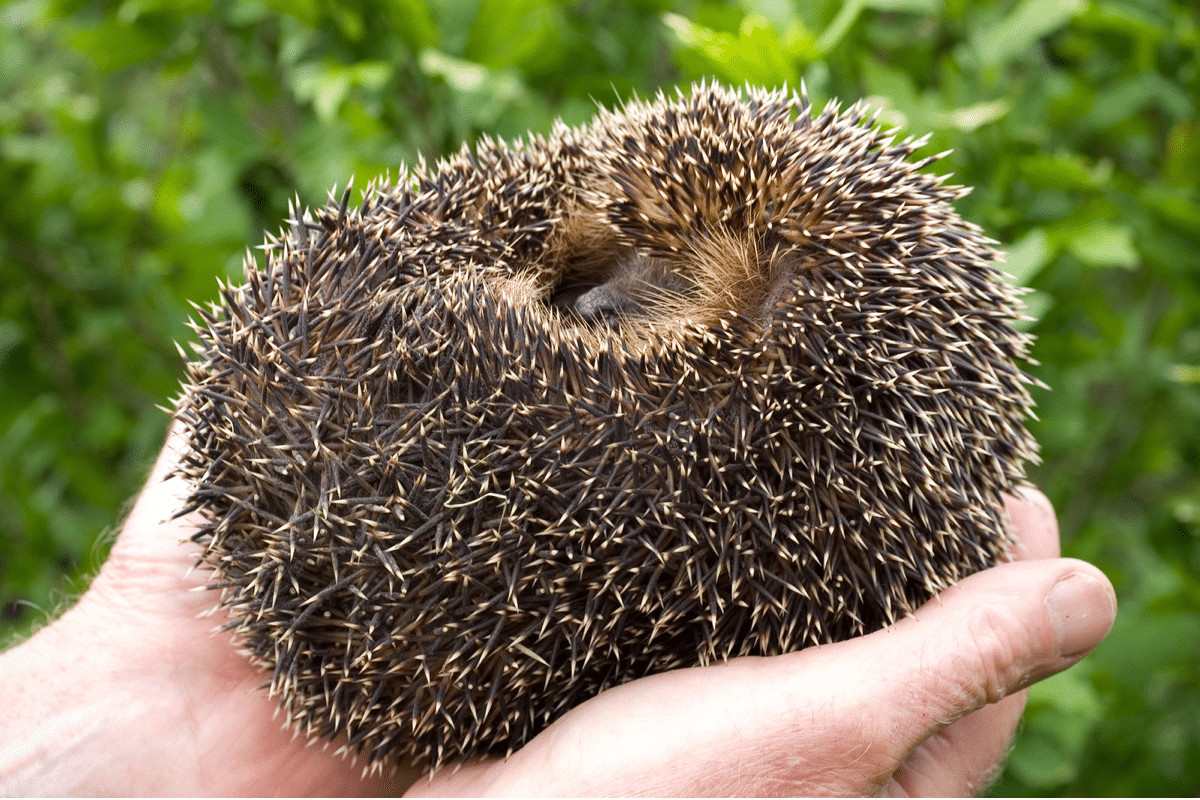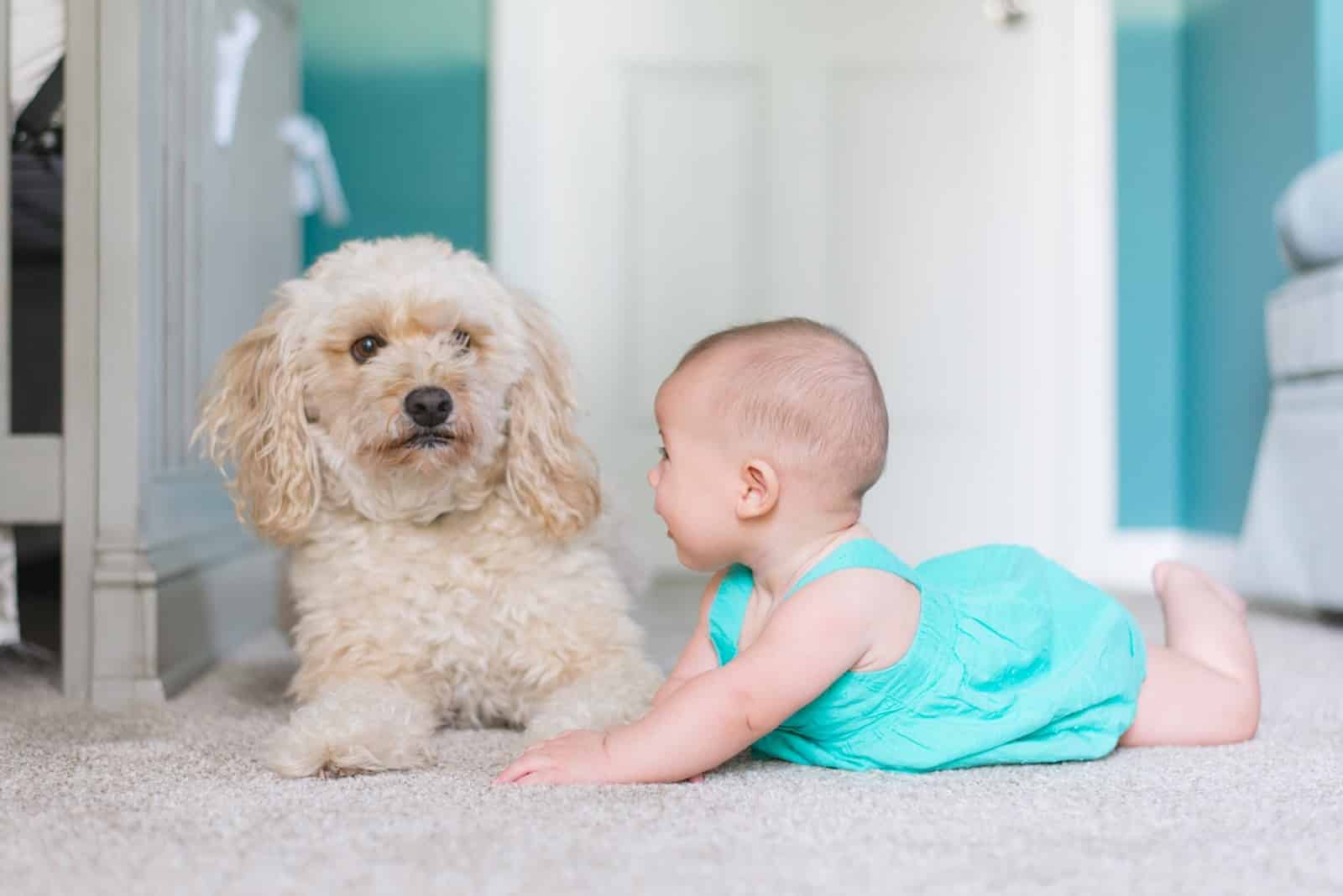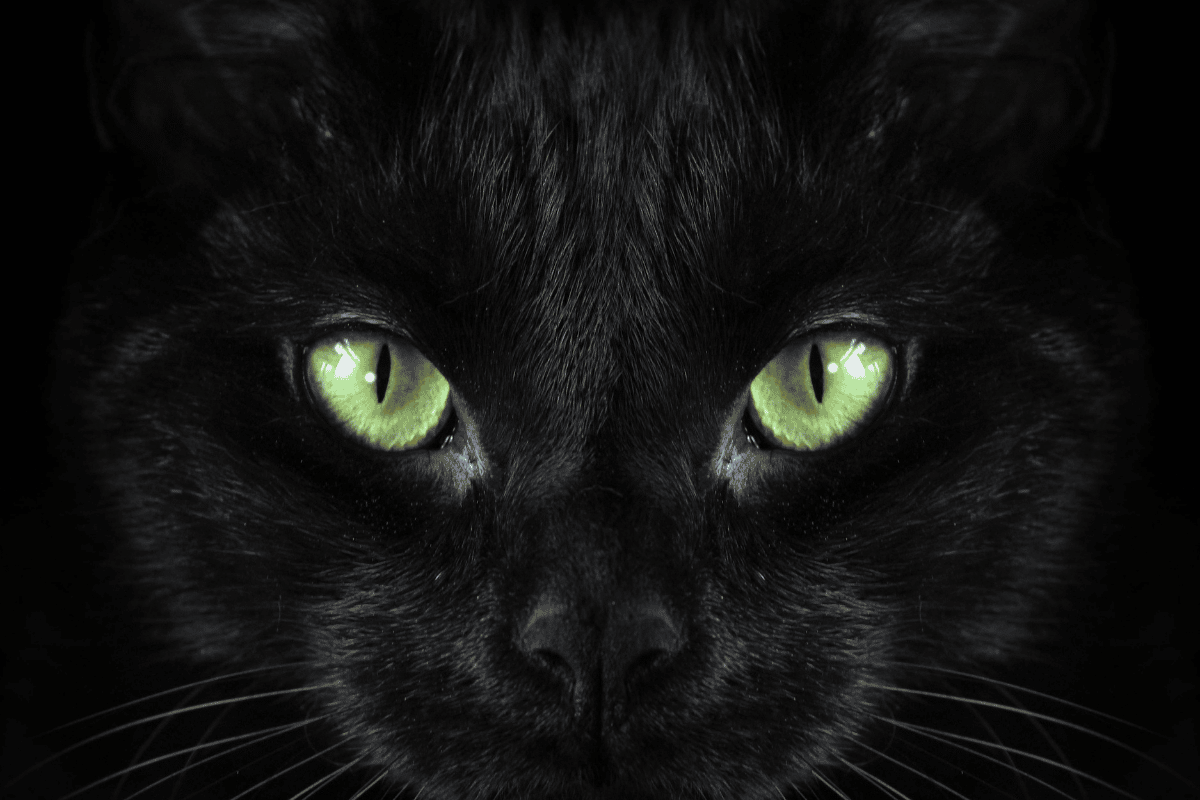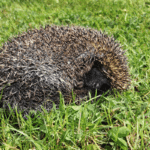Before we answer that question, it’s important to understand the difference between a rabbit hutch and a rabbit run. A rabbit hutch is your rabbit’s “inside” living area. It’s where your rabbits will eat, sleep, and spend a lot of their “inside” time. A run is your rabbit’s outside exercise space. Ideally your hutch and run will connect, giving your rabbits all-day access to their outside exercise area.
It’s important to know the difference because the flooring needs for a hutch and a run are different.
What Do You Put on the Floor of a Rabbit Hutch?
Hutch flooring needs to be solid to protect your bunnies’ feet. If your rabbits don’t use a litter box, then their hutch floor should also be easy to wipe down and should resist absorbing liquids. Finally, because rabbits love to chew, it’s good if the flooring is both non-toxic and chew resistant.
Some popular materials for hutch flooring include:
Wood
Wood is soft yet solid. All of our rabbit hutches have solid floors made from wood treated with a pet-safe water-based wood treatment.
What’s the best flooring for rabbit runs?
- Grass. This allows rabbits to dig and snack while they exercise.
- Dirt. Gives rabbits a chance to enjoy their natural environment.
- Concrete or paving stones. Dig-proof and helps to keep bunnies’ toenails ground down.
- Linoleum. Some types are non-toxic. It’s also dig-proof and easy to clean.
- Gravel. This is also natural and dig-resistant.
Linoleum
Linoleum is a good, solid flooring commonly made from natural ingredients including linseed oil, sawdust, and pine resin. Some types are also non-toxic.
Ceramic Tile
The main advantage of tile is that it’s easy to keep clean. It can also keep your rabbits cool in warm weather. Finally, it’s chew-proof.
Solid Plastic
Many rabbit cages have a solid plastic floor. Plastic is easy to wipe clean and won’t harm your rabbits’ feet. To make a plastic floor more rabbit friendly, lay plenty of hay or bedding on top.
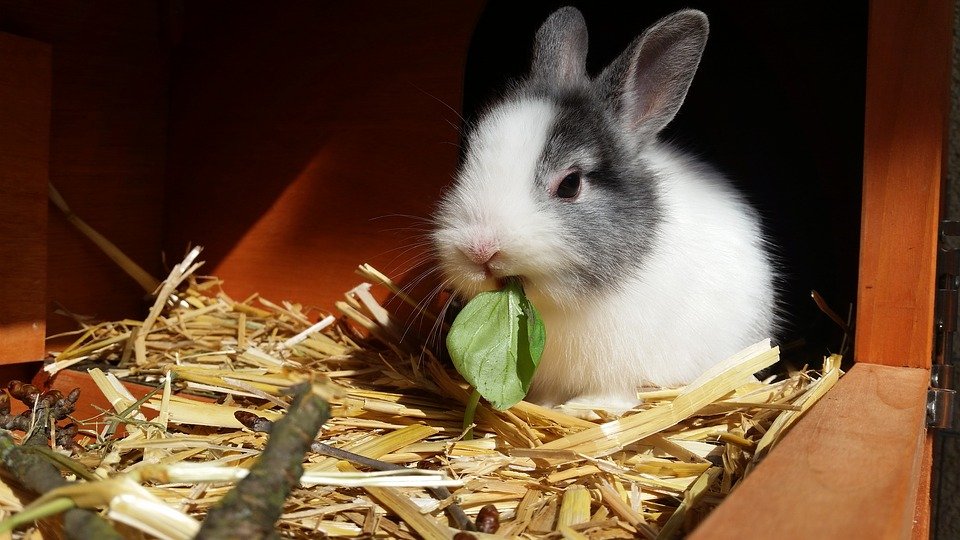
Wire Mesh
Wire mesh is a popular flooring material, but it can be very hard on bunny feet. Make sure to cover large sections of wire flooring with cardboard, plywood, or another solid, rabbit-safe material. Hay can also help.
What Do You Put on the Floor of a Rabbit Run?
Your rabbit’s run should allow your rabbit to interact with the natural world. While the hutch is an “indoor” space, the run is your bunny’s back yard.
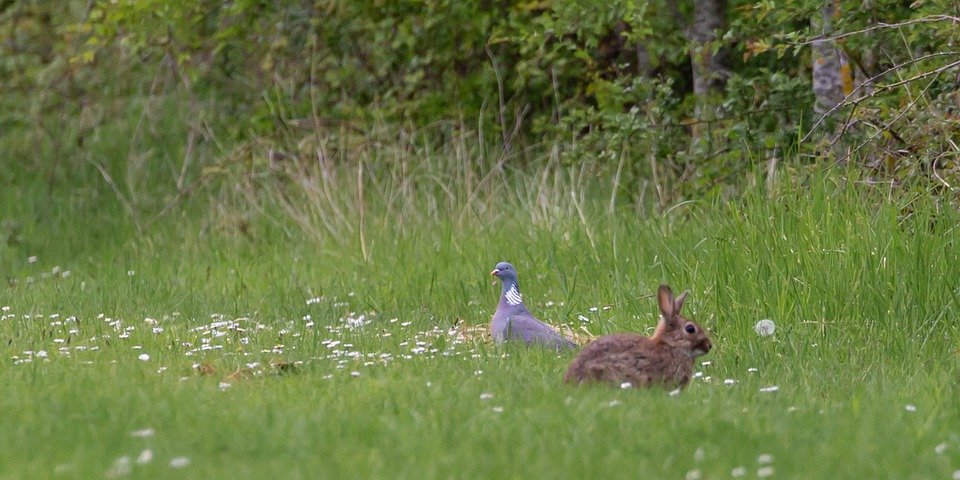
The “floor” of your run should be natural. However, it should also be dig-proof to prevent escapes.
Here are some ideas.
Grass
Many rabbit owners set their run right on the grass. This allows your bunnies to nibble and dig while they play. If you do this, however, take measures to dig-proof your run.
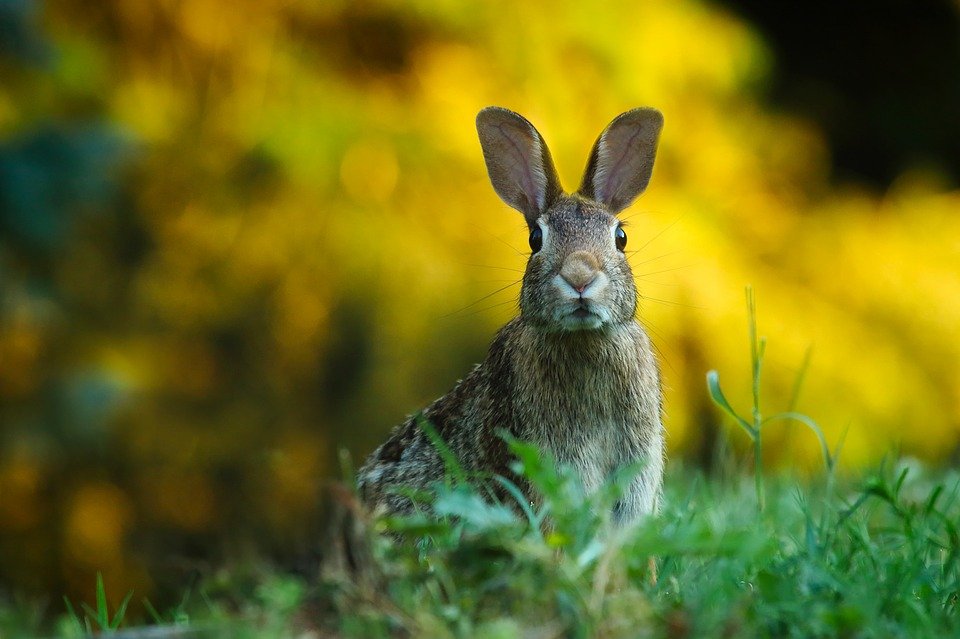
Dirt
Many rabbits love to dig and play in the dirt. You could set a run on top of a patch of dirt to give your bunnies access to natural space. Just make sure to dig-proof this type of run, as well.
Concrete, Paving Stones, and Bricks
A run floor made from building materials isn’t exactly natural. But there are several advantages.

Setting your run atop a concrete slab, a bed of bricks, or an arrangement of paving stones prevents your rabbits from digging out. It can also help to keep predators from digging in.
On top of that, these materials will help to keep your bunnies’ ever-growing toenails in check.
Gravel
Gravel is also an excellent dig-proofing material. It can be a little hard on bunnies’ feet, though. Instead of using it for the entire run floor, consider spreading it around the perimeters of the run on both sides in order to prevent dig-outs.
Combination
Try flooring part of your run with grass and another part with paving stones. Or use gravel, concrete, bricks, or stones around the perimeters of a grass or dirt floor to provide both variety and security.
Does a Rabbit Run Need a Floor?
Actually, no.
You can, of course, use linoleum, wood, or any other rabbit-safe material for rabbit run flooring. But one of the points of the run is to allow your bunny access to nature.
So, although your run should be secure and dig-proof, it doesn’t need a floor.
In fact, our rabbit runs come ready to set on the grass.
What Not to Put on the Floor of a Rabbit Cage
Hutch or run, when it comes to flooring, the primary concerns are safety and cleanliness.
Avoid any type of flooring that:
- Could harm your rabbits if ingested
- Your rabbits could easily dig or chew through
- Absorbs urine
- Is difficult to clean
- Could injure your rabbits’ feet
You can also make any floor more rabbit-friendly by layering hay or bedding over the surface.

Can I Put a Blanket in My Cage?
Yes! Many rabbits love a cuddly blanket. Old towels work well, too. And if you want to make your own no-sew bunny rug, it’s easy!
Fleece is inexpensive and friendly for both pets and the environment. Why not make a few extras for your local animal shelter?
Just make sure that your blanket or towel has no holes that can trap and injure bunny paws. And don’t wrap your bunny. Allow them to arrange their bed the way they want it.

What is the Best Flooring for Rabbits?
The best flooring depends on a number of factors.
First, are you laying down a floor for a hutch or a run? Hutches and runs need different types of flooring materials for different reasons.
Next, is your rabbit litter box trained? If not, then it would be wise to choose a flooring material that is easy to keep clean and non-absorbent to floor your hutch. (You could also litter train your rabbit.)
These considerations are less important for a run, though.
If you’re putting a floor on your run, think about dig-proofing. Concrete, paving stones, bricks, and gravel will deter your rabbits from digging out, and can help keep predators from digging in.
You don’t have to use these materials for the entire floor of your run. You can use them around the perimeters as a safety measure, or combine these materials with grass or dirt to provide variety as well as security.
And if you secure your run properly, it doesn’t actually need a floor at all.
What does your rabbit hutch and run setup look like? What are your favourite materials? We’d love to hear about it!





